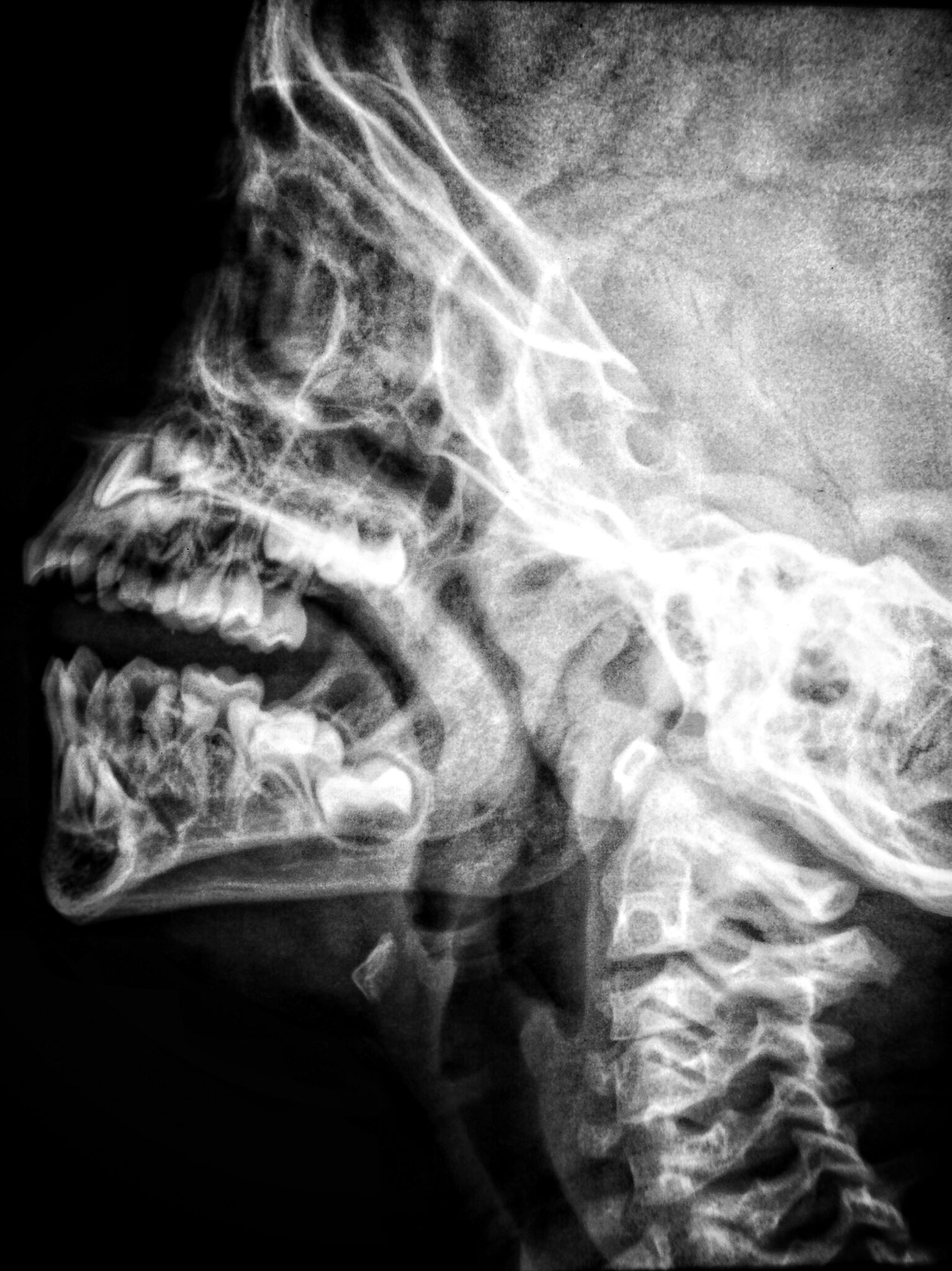
Medicine and Dentistry interviews can be daunting.
Many applicants go in underprepared and struggle under stress.
Trust me, we’ve been there.
From curve balls to tough medical terminological questions you haven’t heard before, the examiners will find a way to catch you out.
In fact when sat in the lobby look to the left and right of you; only 50% will pass this stage of admissions.
You need to train holistically.
Firstly you need to decide whether you are prepared to dedicate your time, energy and soul into a medical profession.
Getting in is just the first hurdle.
Be prepared for endless exams, sleepless nights and high intensity work loads.
And that’s just 5 years at university.
Once commited this will likely be your profession for life, you have to know if its right for you.
The learning doesn’t stop after university its a life long commitment.
Although they have very similar application processes they are completely different degrees.
At Medentio we recommend to do work experience in both and decide which is right for you.
Your next step is to research the requirements and tactically apply to your choice.

Here’s the key attributes of what makes a good healthcare professional:
If you can master and demonstrate these key skills you can answer any interview question.
Interviews are intense.
At an undergraduate interview in the UK, candidates can expect a structured process typically involving multiple interviews or stations, often in the form of a Multiple Mini Interview (MMI). There may be 10-15 stations, each focusing on different aspects such as ethical scenarios, communication skills, manual dexterity, and problem-solving abilities. Alternatively, candidates may be presented Infront of a panel interview. Here 2 clinical professors for the university will question the candidate for 5-10 minutes.
Candidates should prepare for questions related to their motivation for studying, understanding of the profession, and relevant work experience or extracurricular activities.
Common topics include ethics, patient confidentiality, teamwork, and scenarios that assess how candidates handle stress and make decisions under pressure.
Demonstrating a well-rounded knowledge of current issues in dentistry and healthcare, as well as reflecting on personal experiences that highlight relevant skills and attributes, is crucial.
Work experience reflections are crucial.
We recommend two weeks of work experience in a healthcare setting.
For dental applicants this should ideally be in a mixture of practices in rural and city environments. Additionally, at least one experience of work experience in a hospital is recommended (you could be ask why not medicine at interviews and this can be a strong foundation of your answer.
For medicine a mixture of work experience in a GP practice and hospital environment is recommended.
Unfortunately for many applicants procuring work experience is hard. It’s often ‘who you know’ rather than making a strong application via email with a CV.
If you are struggling, go to the practice in person.
You are way more likely to gain placement by showing up, building rapport and showing interest to the team than sending emails like the hundreds of other applicants.
However, there is no point doing ANY if you are not going to correctly reflect on it. Make a log of good notes detailing procedures, patient interactions and advice the healthcare professionals give you.
When answering interview questions you will want to relay these experiences and be able to answer follow up questions.
We recommend doing further reading on the procedures you have witnessed. Why was the procedure done? Did it resolve the patients issue? How did the healthcare professional build trust and rapport to the patient? How did they gain consent?
You should know the answers by heart. These experiences will build the foundation to any interview answer.